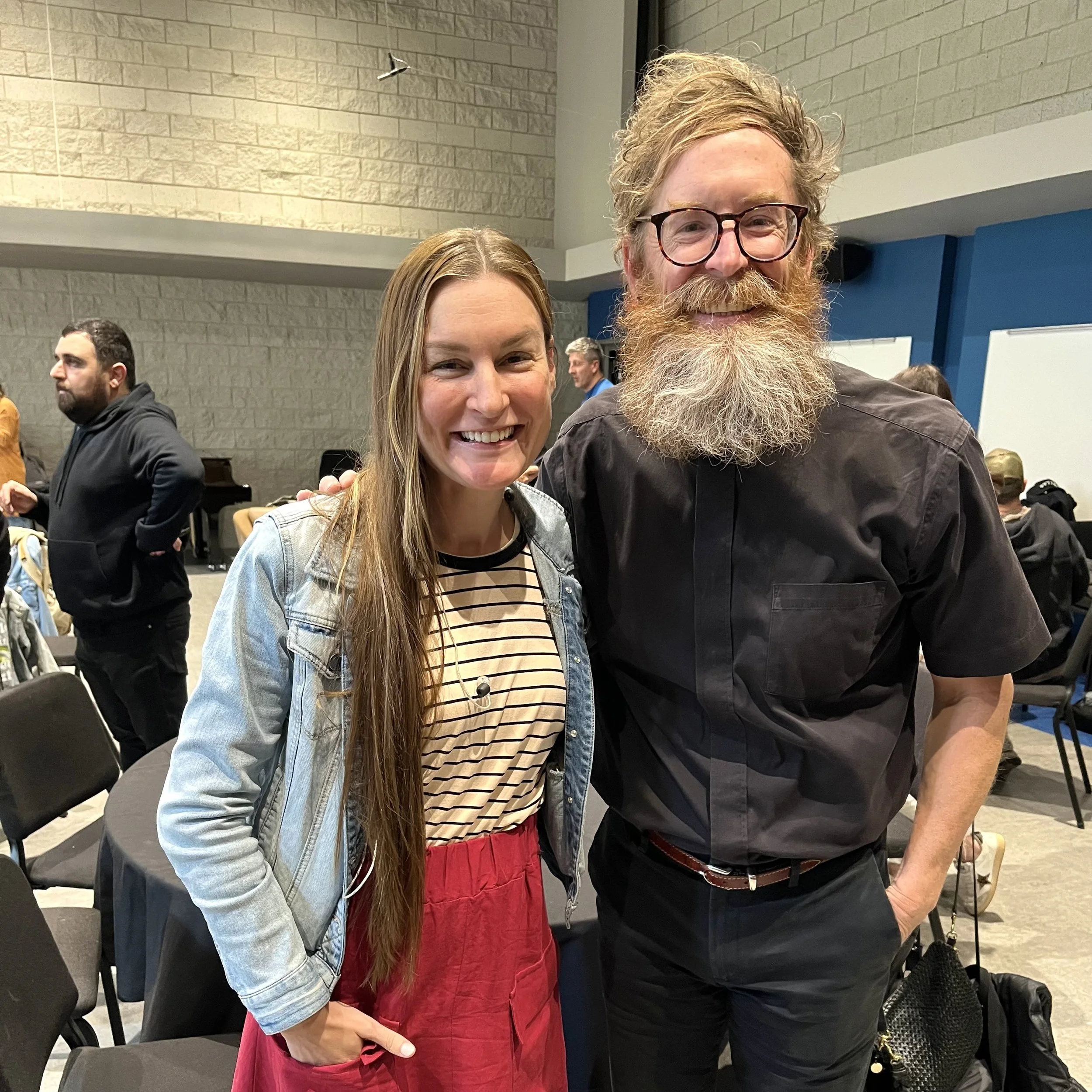The Engines of Change in Contemporary Worship Music
What makes real change possible? If we’re talking at an individual level, it’s relatively straightforward.
If I want to get better sleep at night, for example, then I need to take care of the business before I take care of the business. I need to stop fiddling with work at a reasonable time. I need to eat an early dinner. I need to lower my stress levels by playing with the kids or sitting on the back porch. I need to banish the IPhone from the bedroom and to turn off my light at an honest time. And I need to stick to this new routine with a dogged tenacity for at least one week and to ask my wife to support this habit.
But what does it take to make real change possible within the culture of a family system, or an organization, or an industry? That’s a far more demanding and complicated affair. And while it’s far from straightforward to assess the agents and engines of change in retrospect, it’s not rocket science either.
What, for instance, were the agents and engines of change that took us from the “folk” worship of the ‘70s, to the soft-rock of the ‘80s, to the pop-rock of the ‘90s, to the anthemic rock of the early 2000s? And why do “40-year-old, stressed-out, mini-van driving, non-denom moms” determine the business model of Christian radio stations, as the production guys this past weekend told me?
I’ve got smart friends who can answer these questions. But that’s not my own question these days.
My question is this instead: How one might purposefully change the landscape of Contemporary Worship Music (CWM)?
With Matt Redmans’ Wor/Th initiative—which seeks to increase the theological substance of CWM songs—its success depends upon a combination of God-given talent, tenacity, platform, superb craftsmanship, strategic partnerships and a dash of serendipity. It’s also a willingness to take a risk.
And there’s no guarantee that this initiative will succeed, either, and all sorts of dynamics stand against it.
But I don’t want it to fail because I, too, wish to help God’s people to sing more trinitarian, creedally oriented worship songs, and I’m deeply grateful that I get to play a small part in this project.
My time in Wheaton this past Saturday reminded me yet again that it’s always about relationships: getting to know Charity and Leeland in person, meeting the good folks at Integrity and TPR, chatting with Beth Redman, re-connecting with Joshua Aaron, Antonio and Alison, et al, and, best of all, playing soccer with Matt’s boys.
What’s Wor/Th’s future? Only God knows. Will it make a difference? Only God knows. But real change often begins small and personal. May God bless it richly.🙏🏻




